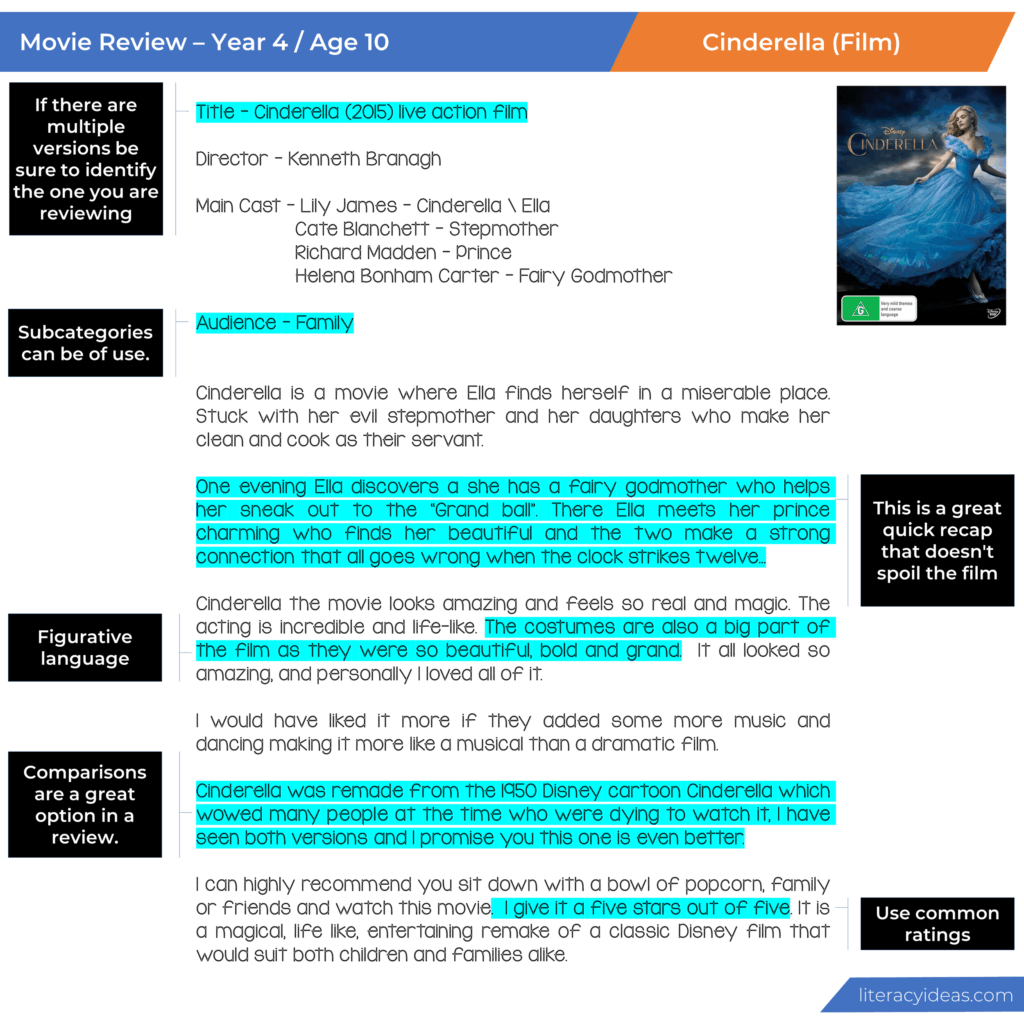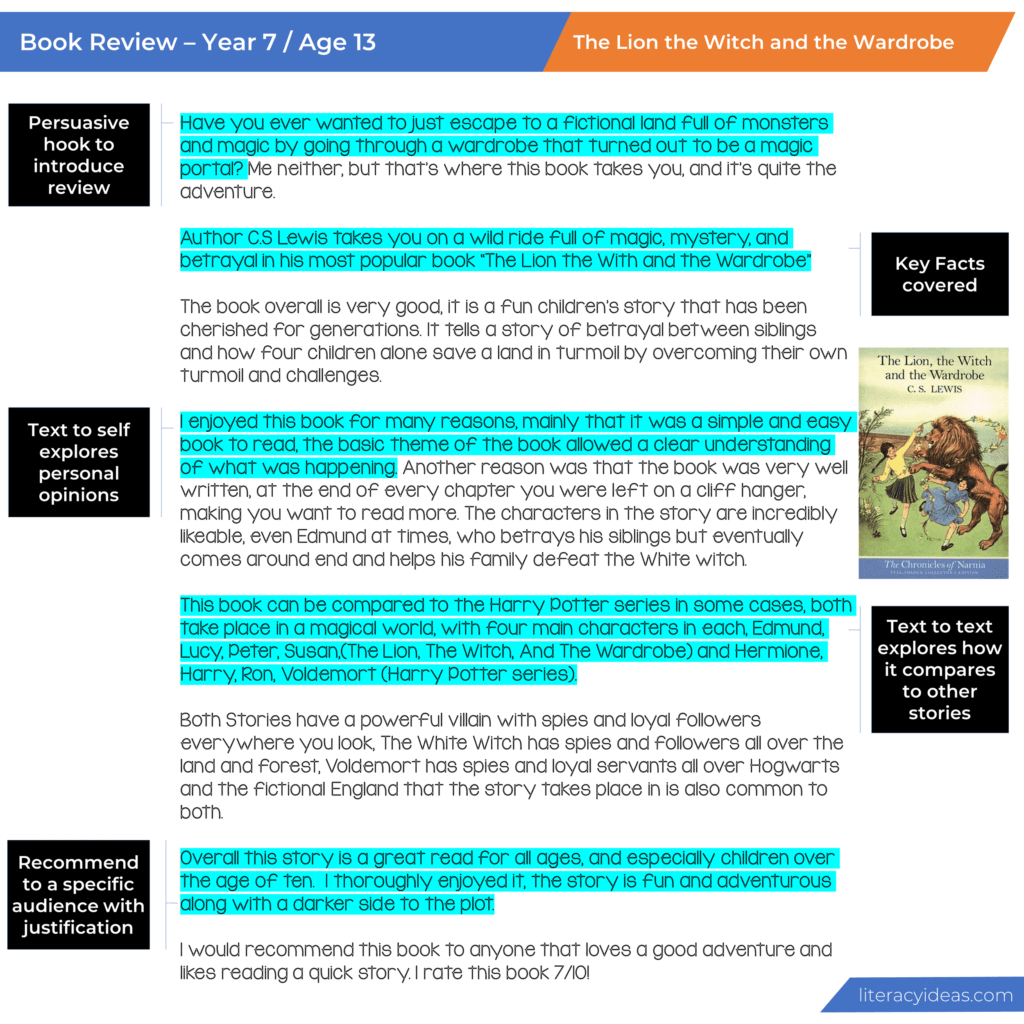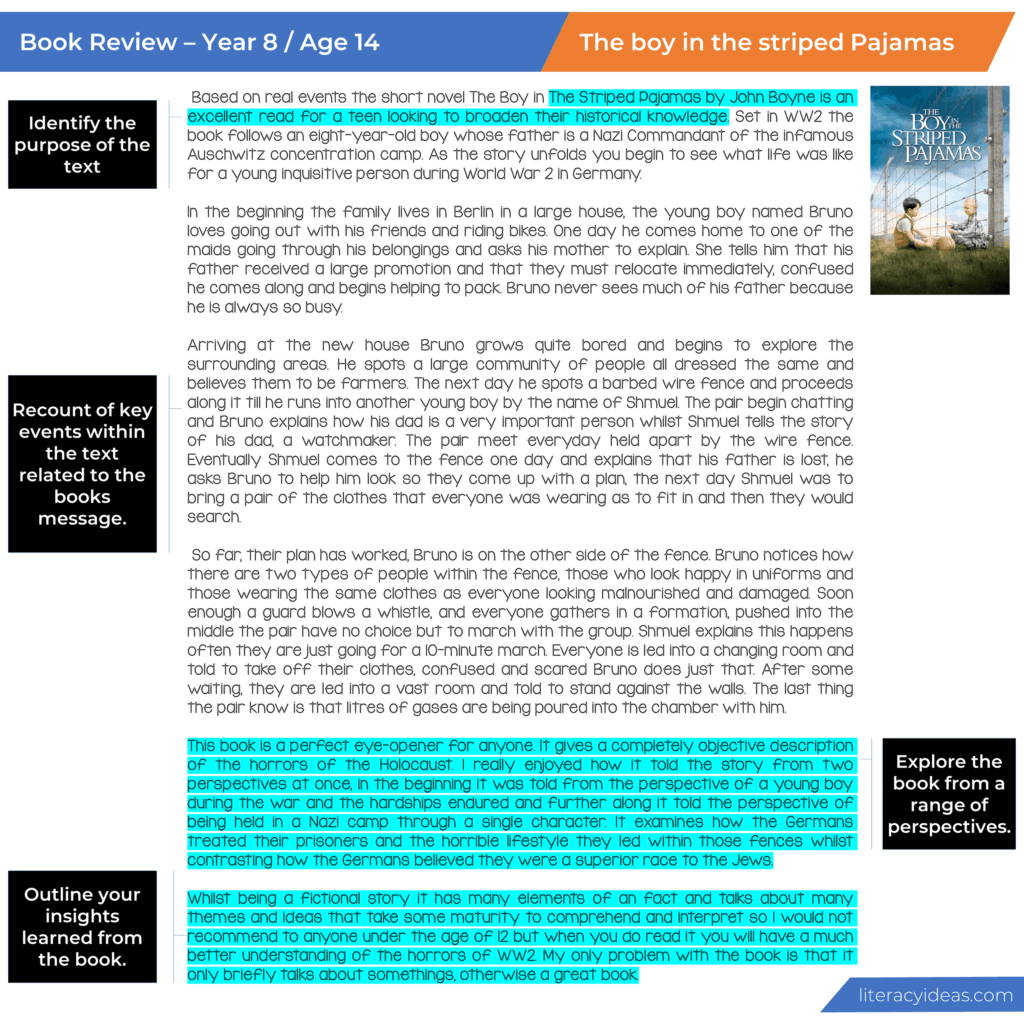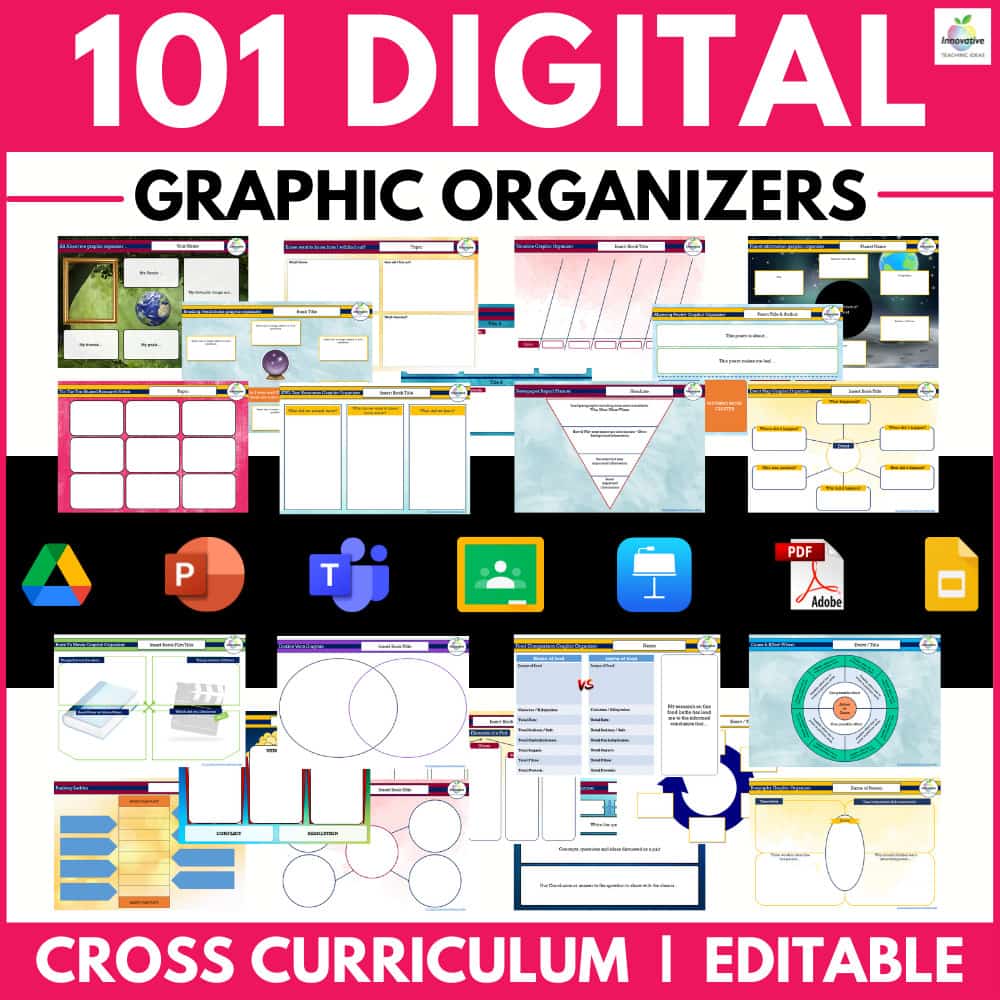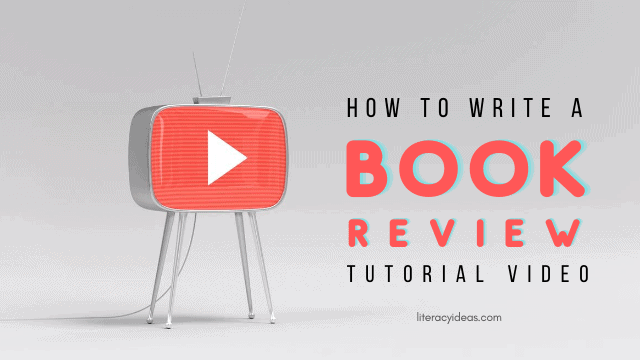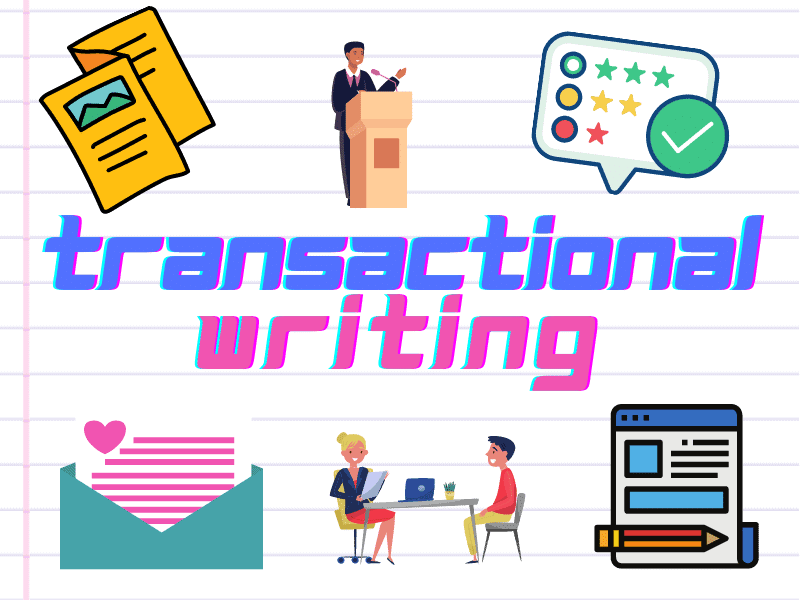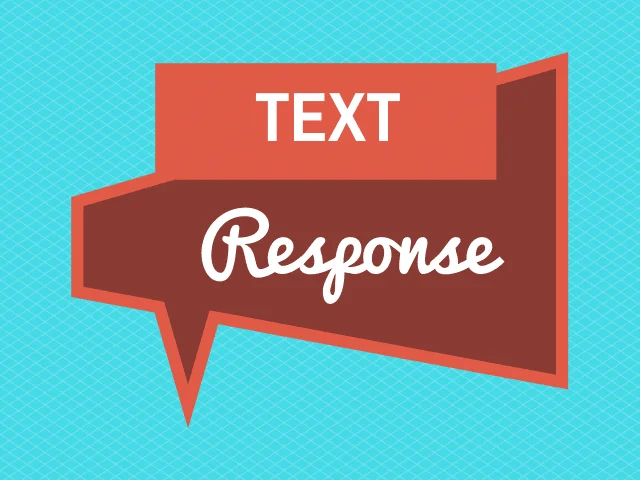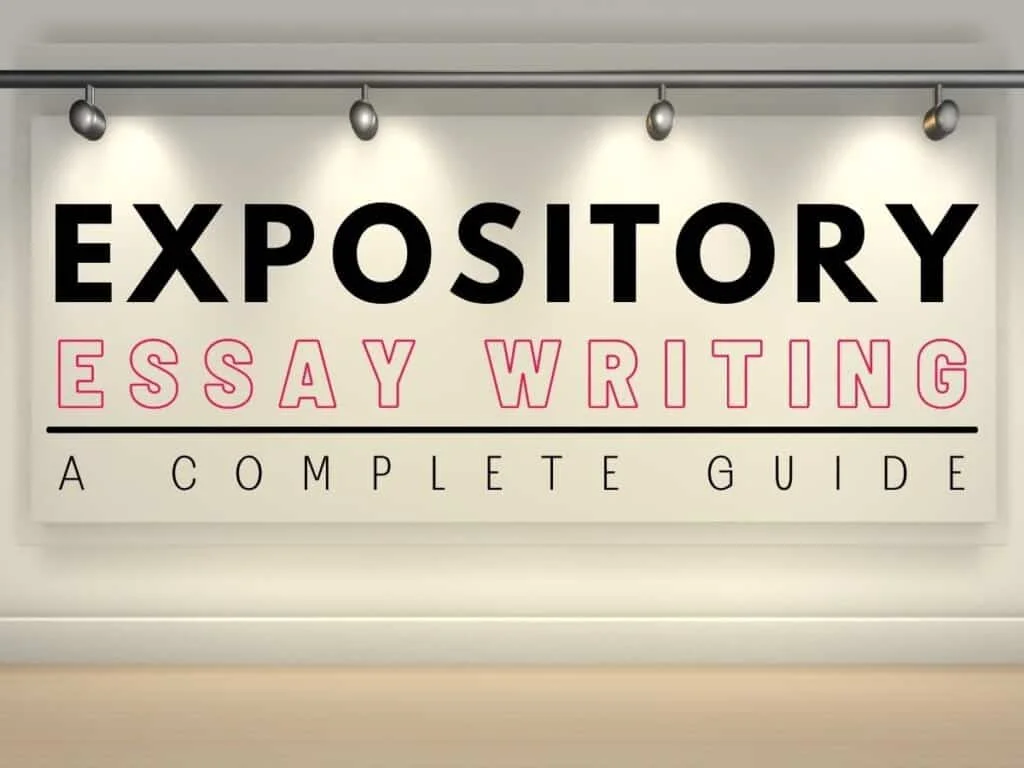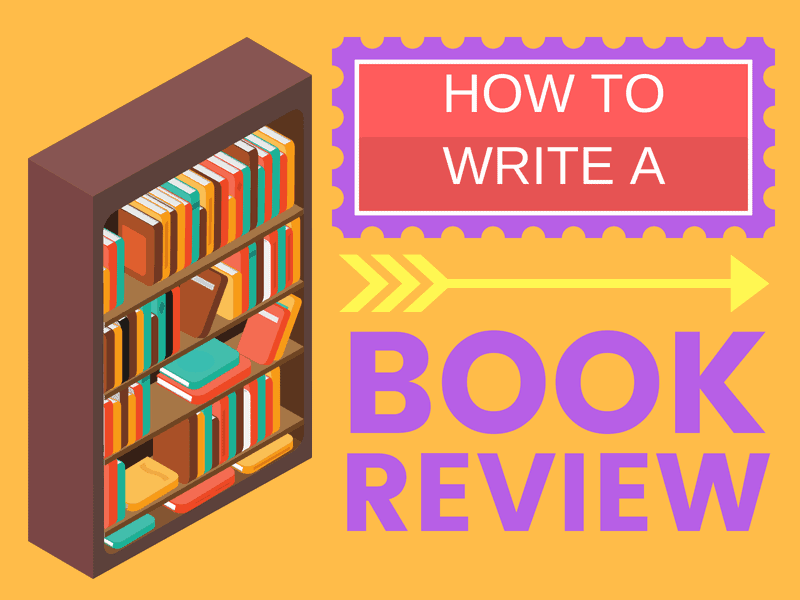
WHAT IS A BOOK REVIEW?

Traditionally, book reviews are evaluations of a recently published book in any genre. Usually, around the 500 to 700-word mark, they briefly describe a text’s main elements while appraising the work’s strengths and weaknesses. Published book reviews can appear in newspapers, magazines, and academic journals. They provide the reader with an overview of the book itself and indicate whether or not the reviewer would recommend the book to the reader.
WHAT IS THE PURPOSE OF A BOOK REVIEW?
There was a time when book reviews were a regular appearance in every quality newspaper and many periodicals. They were essential elements in whether or not a book would sell well. A review from a heavyweight critic could often be the deciding factor in whether a book became a bestseller or a damp squib. In the last few decades, however, the book review’s influence has waned considerably, with many potential book buyers preferring to consult customer reviews on Amazon, or sites like Goodreads, before buying. As a result, book review’s appearance in newspapers, journals, and digital media has become less frequent.
WHY BOTHER TEACHING STUDENTS TO WRITE BOOK REVIEWS AT ALL?
Even in the heyday of the book review’s influence, few students who learned the craft of writing a book review became literary critics! The real value of crafting a well-written book review for a student does not lie in their ability to impact book sales. Understanding how to produce a well-written book review helps students to:
● Engage critically with a text
● Critically evaluate a text
● Respond personally to a range of different writing genres
● Improve their own reading, writing, and thinking skills.
Not to Be Confused with a Book Report!
WHAT’S THE DIFFERENCE BETWEEN A BOOK REVIEW AND A BOOK REPORT?
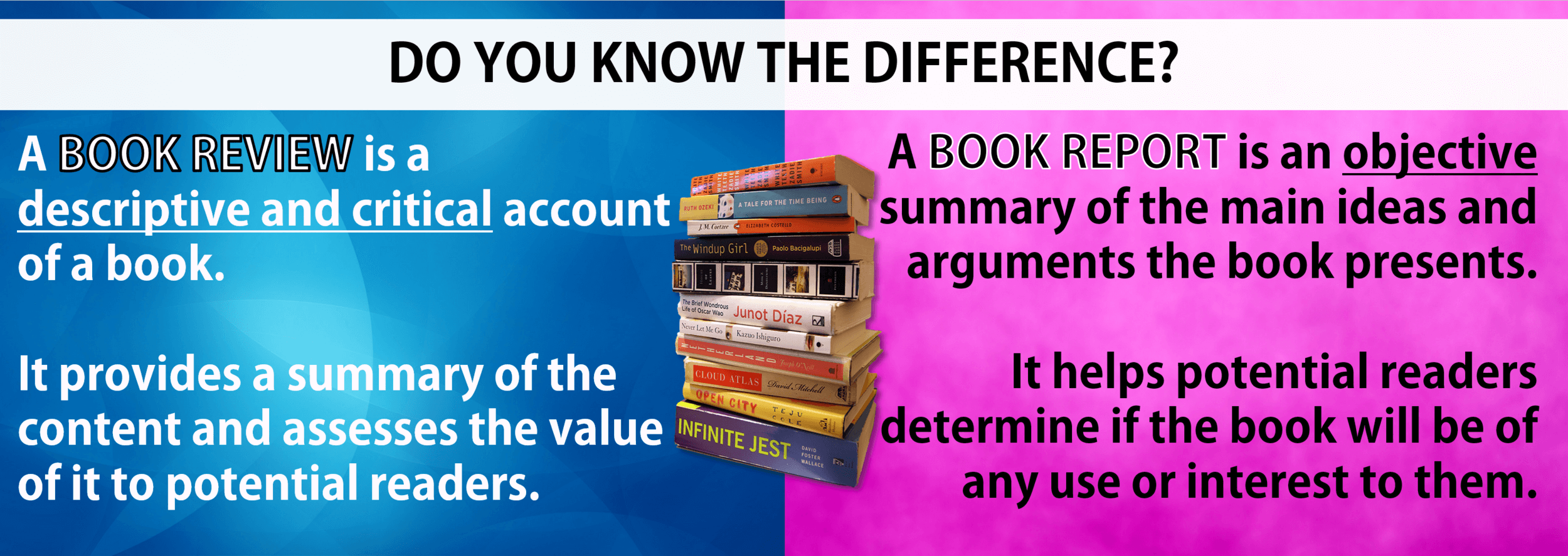
While the terms are often used interchangeably, there are clear differences in both the purpose and the format of the two genres. Generally speaking, book reports aim to give a more detailed outline of what occurs in a book. A book report on a work of fiction will tend to give a comprehensive account of the characters, major plot lines, and themes in the book. Book reports are usually written around the K-12 age range, while book reviews tend not to be undertaken by those at the younger end of this age range due to the need for the higher-level critical skills required in writing them. At their highest expression, book reviews are written at the college level and by professional critics.
Learn how to write a book review step by step with our complete guide for students and teachers by familiarizing yourself with the structure and features.
BOOK REVIEW STRUCTURE
ANALYZE Evaluate the book with a critical mind.
THOROUGHNESS The whole is greater than the sum of all its parts. Review the book as a WHOLE.
COMPARE Where appropriate compare to similar texts and genres.
THUMBS UP OR DOWN? You are going to have to inevitably recommend or reject this book to potential readers.
BE CONSISTENT Take a stance and stick with it throughout your review.
FEATURES OF A BOOK REVIEW
PAST TENSE You are writing about a book you have already read.
EMOTIVE LANGUAGE Whatever your stance or opinion be passionate about it. Your audience will thank you for it.
VOICE Both active and passive voice are used in recounts.
A COMPLETE UNIT ON REVIEW AND ANALYSIS OF TEXTS

⭐ Make MOVIES A MEANINGFUL PART OF YOUR CURRICULUM with this engaging collection of tasks and tools your students will love. ⭐ All the hard work is done for you with NO PREPARATION REQUIRED.
This collection of 21 INDEPENDENT TASKS and GRAPHIC ORGANIZERS takes students beyond the hype, special effects and trailers to look at visual literacy from several perspectives offering DEEP LEARNING OPPORTUNITIES by watching a SERIES, DOCUMENTARY, FILM, and even VIDEO GAMES.
ELEMENTS OF A BOOK REVIEW
As with any of the writing genres we teach our students, a book review can be helpfully explained in terms of criteria. While there is much to the ‘art’ of writing, there is also, thankfully, a lot of the nuts and bolts that can be listed too. Have students consider the following elements before writing:
● Title: Often, the title of the book review will correspond to the title of the text itself, but there may also be some examination of the title’s relevance. How does it fit into the purpose of the work as a whole? Does it convey a message or reveal larger themes explored within the work?
● Author: Within the book review, there may be some discussion of who the author is and what they have written before, especially if it relates to the current work being reviewed. There may be some mention of the author’s style and what they are best known for. If the author has received any awards or prizes, this may also be mentioned within the body of the review.
● Genre: A book review will identify the genre that the book belongs to, whether fiction or nonfiction, poetry, romance, science-fiction, history etc. The genre will likely tie in, too with who the intended audience for the book is and what the overall purpose of the work is.
● Book Jacket / Cover: Often, a book’s cover will contain artwork that is worthy of comment. It may contain interesting details related to the text that contribute to, or detract from, the work as a whole.
● Structure: The book’s structure will often be heavily informed by its genre. Have students examine how the book is organized before writing their review. Does it contain a preface from a guest editor, for example? Is it written in sections or chapters? Does it have a table of contents, index, glossary etc.? While all these details may not make it into the review itself, looking at how the book is structured may reveal some interesting aspects.
● Publisher and Price: A book review will usually contain details of who publishes the book and its cost. A review will often provide details of where the book is available too.


BOOK REVIEW KEY ELEMENTS
As students read and engage with the work they will review, they will develop a sense of the shape their review will take. This will begin with the summary. Encourage students to take notes during the reading of the work that will help them in writing the summary that will form an essential part of their review. Aspects of the book they may wish to take notes on in a work of fiction may include:
● Characters: Who are the main characters? What are their motivations? Are they convincingly drawn? Or are they empathetic characters?
● Themes: What are the main themes of the work? Are there recurring motifs in the work? Is the exploration of the themes deep or surface only?
● Style: What are the key aspects of the writer’s style? How does it fit into the wider literary world?
● Plot: What is the story’s main catalyst? What happens in the rising action? What are the story’s subplots?
A book review will generally begin with a short summary of the work itself. However, it is important not to give too much away, remind students – no spoilers, please! For nonfiction works, this may be a summary of the main arguments of the work, again, without giving too much detail away. In a work of fiction, a book review will often summarise up to the rising action of the piece without going beyond to reveal too much!
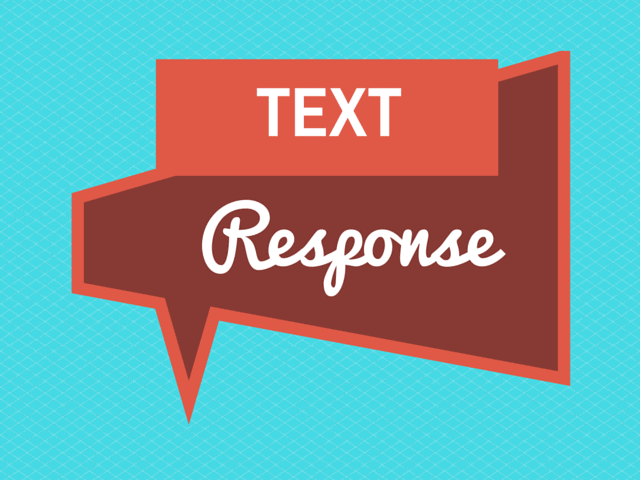
The summary should also provide some orientation for the reader. Given the nature of the purpose of a review, it is important that students’ consider their intended audience in the writing of their review. Readers will most likely not have read the book in question and will require some orientation. This is often achieved through introductions to the main characters, themes, primary arguments etc. This will help the reader to gauge whether or not the book is of interest to them.
Once your student has summarized the work, it is time to ‘review’ in earnest. At this point, the student should begin to detail their own opinion of the book. To do this well they should:
i. Make It Personal
Often when teaching essay writing we will talk to our students about the importance of climbing up and down the ladder of abstraction. Just as it is helpful to explore large, more abstract concepts in an essay by bringing it down to Earth, in a book review, it is important that students can relate the characters, themes, ideas etc to their own lives.
Book reviews are meant to be subjective. They are opinion pieces, and opinions grow out of our experiences of life. Encourage students to link the work they are writing about to their own personal life within the body of the review. By making this personal connection to the work, students contextualize their opinions for the readers and help them to understand whether the book will be of interest to them or not in the process.
ii. Make It Universal
Just as it is important to climb down the ladder of abstraction to show how the work relates to individual life, it is important to climb upwards on the ladder too. Students should endeavor to show how the ideas explored in the book relate to the wider world. The may be in the form of the universality of the underlying themes in a work of fiction or, for example, the international implications for arguments expressed in a work of nonfiction.
iii. Support Opinions with Evidence
A book review is a subjective piece of writing by its very nature. However, just because it is subjective does not mean that opinions do not need to be justified. Make sure students understand how to back up their opinions with various forms of evidence, for example, quotations, statistics, and the use of primary and secondary sources.
EDIT AND REVISE YOUR BOOK REVIEW
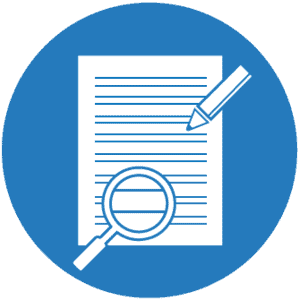
As with any writing genre, encourage students to polish things up with review and revision at the end. Encourage them to proofread and check for accurate spelling throughout, with particular attention to the author’s name, character names, publisher etc.
It is good practice too for students to double-check their use of evidence. Are statements supported? Are the statistics used correctly? Are the quotations from the text accurate? Mistakes such as these uncorrected can do great damage to the value of a book review as they can undermine the reader’s confidence in the writer’s judgement.
The discipline of writing book reviews offers students opportunities to develop their writing skills and exercise their critical faculties. Book reviews can be valuable standalone activities or serve as a part of a series of activities engaging with a central text. They can also serve as an effective springboard into later discussion work based on the ideas and issues explored in a particular book. Though the book review does not hold the sway it once did in the mind’s of the reading public, it still serves as an effective teaching tool in our classrooms today.
Teaching Resources
Use our resources and tools to improve your student’s writing skills through proven teaching strategies.
BOOK REVIEW GRAPHIC ORGANIZER (TEMPLATE)

101 DIGITAL & PRINT GRAPHIC ORGANIZERS FOR ALL CURRICULUM AREAS
Introduce your students to 21st-century learning with this GROWING BUNDLE OF 101 EDITABLE & PRINTABLE GRAPHIC ORGANIZERS. ✌NO PREP REQUIRED!!!✌ Go paperless, and let your students express their knowledge and creativity through the power of technology and collaboration inside and outside the classroom with ease.
Whilst you don’t have to have a 1:1 or BYOD classroom to benefit from this bundle, it has been purpose-built to deliver through platforms such as ✔ GOOGLE CLASSROOM, ✔ OFFICE 365, ✔ or any CLOUD-BASED LEARNING PLATFORM.
Book and Movie review writing examples (Student Writing Samples)
Below are a collection of student writing samples of book reviews. Click on the image to enlarge and explore them in greater detail. Please take a moment to both read the movie or book review in detail but also the teacher and student guides which highlight some of the key elements of writing a text review
Please understand these student writing samples are not intended to be perfect examples for each age or grade level but a piece of writing for students and teachers to explore together to critically analyze to improve student writing skills and deepen their understanding of book review writing.
We would recommend reading the example either a year above and below, as well as the grade you are currently working with to gain a broader appreciation of this text type.

